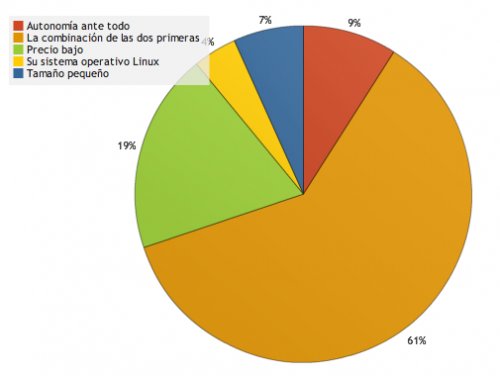 If we consult the dictionary we will find that Samaritan is a good person, who behaves compassionately and helps others.
If we consult the dictionary we will find that Samaritan is a good person, who behaves compassionately and helps others.
At the same time, Samaritan is a gentilicio, that is, the individual who was born in Samaria, a region of ancient Palestine. On the other hand, the Samaritans were a religious group that considered themselves to be descendants of the twelve tribes of Israel but who were confronted with the Jews, because they did not share the same criteria (they accepted Moses as a prophet although they did not follow the Talmud of the Jewish tradition). In addition to people from Samaria and a religious group, Samaritan is a language similar to Aramaic, the language spoken by Jesus Christ.
The Parable of the Good Samaritan
Samaritan understood as a compassionate person is part of our culture through one of the teachings of Jesus Christ in the New Testament, specifically in the Gospel of Luke.
In this parable someone asks Jesus Christ who his neighbor is, to which he responds with a short story. A man left Jerusalem for Jericho, a route considered dangerous. On the way he was attacked and robbed by some assailants who left him very badly injured. A priest and a Levite saw the man but did not help him.
It was a Samaritan who acted compassionately and helped him, taking him to an inn where he eventually recovered. At the end of the story, Jesus Christ implies that the only one who did the right thing was the Samaritan. The teaching of the parable is evident: the important thing is the good actions and not what the law says.
An expression of learning
 Biblical scholars give importance to this parable for its moral teaching and for a relevant aspect: that according to the Hebrew tradition in the time of Jesus Christ a Samaritan was a heretic and, despite this, the Samaritan who helped the needy is an example of a merciful attitude.
Biblical scholars give importance to this parable for its moral teaching and for a relevant aspect: that according to the Hebrew tradition in the time of Jesus Christ a Samaritan was a heretic and, despite this, the Samaritan who helped the needy is an example of a merciful attitude.
Other Biblical Terms in Everyday Language
The example of the word Samaritan is no exception, since in our language there are multiple terms that have a biblical origin. Thus, something is apocalyptic when it is a real catastrophe, being a Pharisee is synonymous with hypocrite and a holocaust in a biblical sense was the offering of a sacrifice to God.
The presence of concepts and expressions related to Christianity in our language is very evident and very diverse examples could be mentioned: idolatry, indulgence, sacrilege, crying like a magdalene or losing the oremus.









